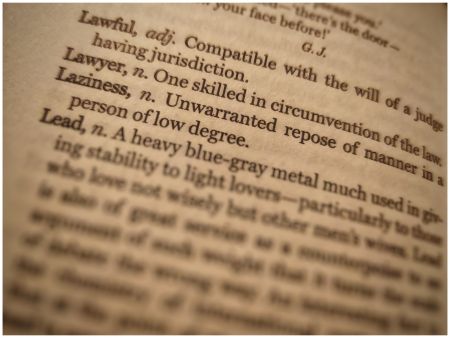Indemnifier: Difference between revisions
Jump to navigation
Jump to search
Amwelladmin (talk | contribs) No edit summary |
Amwelladmin (talk | contribs) No edit summary |
||
| Line 1: | Line 1: | ||
A party to a contract who | {{def|/ɪnˈdɛmnɪfʌə/|n|}} | ||
1. Damocles. | |||
2. One who, out of a surfeit of incaution or [[deal fatigue]], has underwritten every minor calamity her counterparty may suffer; every debatable opportunity it may forgo, and every extraordinary expense it may incur, however irrational, in the performance of the contract between them. | |||
3. (''Unusual'') A party to a contract who has agreed, in full knowledge of the facts, to bear responsibility for a well-quantified and clearly-articulated externality that it accepts its counterparty may suffer through no fault of its own, in the course of providing an incontrovertible benefit to the [[indemnifying party]], by means of a [[well-crafted indemnity]] | |||
{{sa}} | |||
*[[consequential loss]] | *[[consequential loss]] | ||
*[[indemnity]] | *[[indemnity]] | ||
*[[indemnified party]] | *[[indemnified party]] | ||
{{c2|Contract|Damages}} | {{c2|Contract|Damages}} | ||
Revision as of 11:47, 8 December 2020
|
{{{4}}}
|
/ɪnˈdɛmnɪfʌə/ n ('.)
1. Damocles.
2. One who, out of a surfeit of incaution or deal fatigue, has underwritten every minor calamity her counterparty may suffer; every debatable opportunity it may forgo, and every extraordinary expense it may incur, however irrational, in the performance of the contract between them.
3. (Unusual) A party to a contract who has agreed, in full knowledge of the facts, to bear responsibility for a well-quantified and clearly-articulated externality that it accepts its counterparty may suffer through no fault of its own, in the course of providing an incontrovertible benefit to the indemnifying party, by means of a well-crafted indemnity
